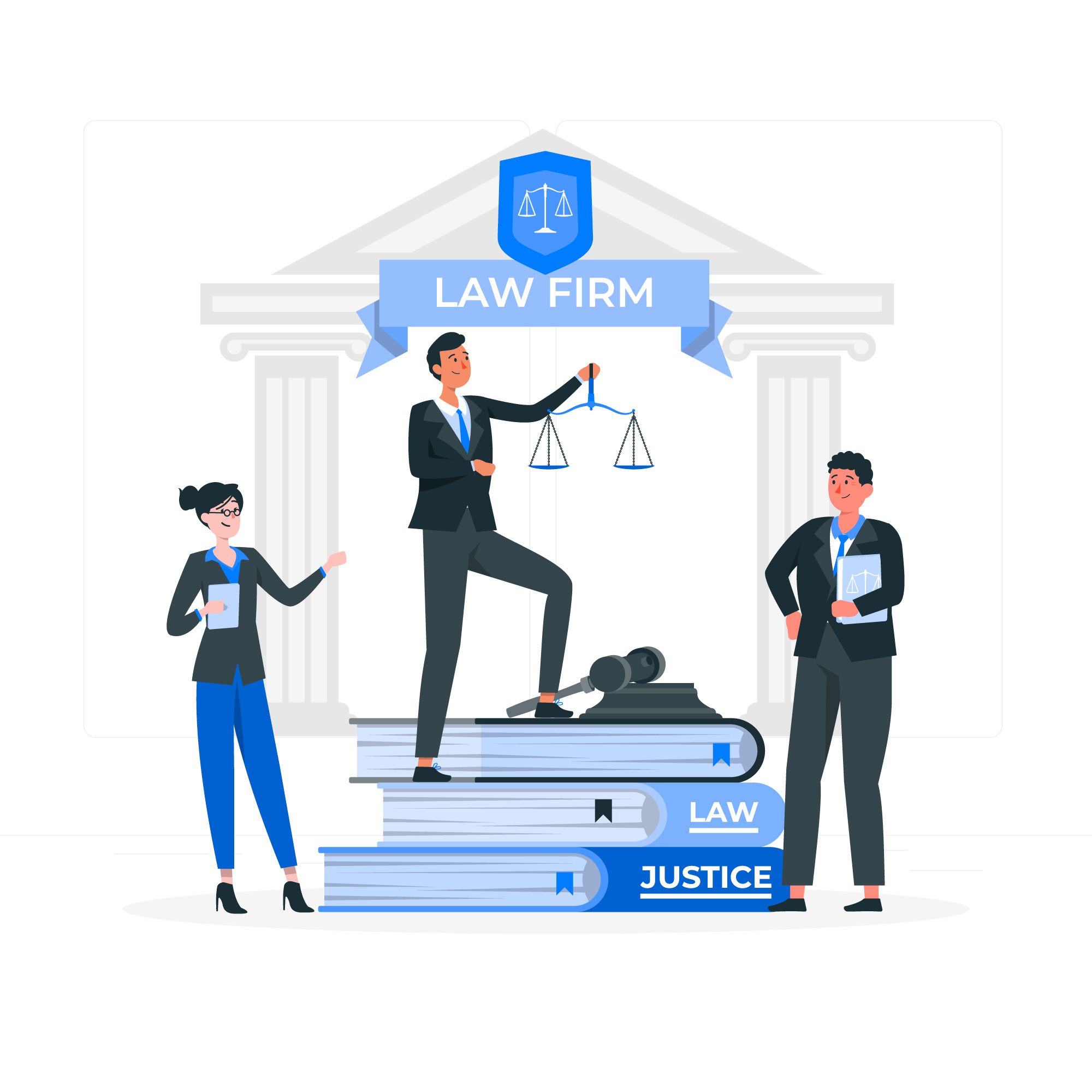So next time you get one of those emails about a class action settlement, don’t just delete it, take a minute to read it, think about your options, and decide what’s best for you.
Have you ever gotten a random email or letter saying you might be owed money from a lawsuit? Maybe it’s about a company overcharging for something, selling a product that didn’t work, or even a big data breach where your personal info got leaked. These are called class action settlements, and they’re basically a way for regular people (like you and me) to get compensated when a company does something wrong.
But here’s the thing: these settlements can be confusing. Should you sign up for one? Will you actually get any money? Is it even worth your time?
If you’ve ever wondered about this, don’t worry. I’ve got you covered! Here are six simple things to keep in mind when dealing with a class action settlement.
1. Read the Fine Print (Or at Least Try to Understand It!)
I know, I know—nobody likes reading legal stuff. But before you do anything, make sure you understand what the settlement is about. The notice you get will usually explain:
What the lawsuit is about (Did the company sell a bad product? Overcharge you? Leak your private info?)
Who is eligible to get money
How much money (or other compensation) is being offered
What you have to do to claim your share
What rights you’re giving up by accepting the settlement
Some settlements give out cash, while others offer discounts, free repairs, or credits (which may or may not be useful to you). For example, if a cell phone company overcharged its customers, they might offer you a $5 refund or a $10 coupon for their services—which forces you to spend more money with them! Sneaky, right?
So before signing up, ask yourself: “Is this worth it?” If it seems unfair or confusing, you might want to dig a little deeper before deciding.
2. Is the Settlement Actually Fair?
Not all class action settlements are created equal. Some give people a fair amount of money, while others seem like a joke. Imagine a company made millions by overcharging customers, and then the lawsuit results in people getting just $2 each while the lawyers get millions. That doesn’t seem fair, does it?
A good way to judge a settlement is to ask yourself:
Does this feel like a reasonable amount of compensation?
Are the lawyers taking too much money?
Have people objected to this settlement before?
A good example is the Equifax data breach settlement. When Equifax leaked millions of people’s personal information, they offered “free credit monitoring” as part of the settlement. But people felt that wasn’t enough, so some fought back and pushed for a cash payout option instead.
If something doesn’t seem right, you don’t have to just accept it. That brings us to the next point.
3. You Can Say No (Or Even Fight Back!)
A lot of people don’t realize this, but when you’re part of a class action lawsuit, you don’t have to accept the settlement. You actually have a few choices:
Opt out – This means you say, “No thanks, I don’t want to be part of this.” Why would you do this? Maybe you think you can sue the company on your own and get more money than the class action is offering.
Object – If you think the settlement isn’t fair, you can file an objection and explain why. Courts actually listen to these, and in some cases, objections have led to better deals for consumers.
For example, in a settlement against Facebook for privacy violations, many people objected because the payout was tiny compared to how much Facebook profited from their data. In some cases, objections like these can lead to better compensation.
So if you feel like a settlement is unfair, you don’t have to just accept it!
4. Deadlines Matter! Don’t Miss Them!
Here’s the part where a lot of people mess up: they forget to file their claim on time.

Most class action settlements have strict deadlines, and if you miss it, that’s it, you’re out of luck. You won’t get any money, and you won’t be able to complain later.
Here’s how to stay on top of it:
Check the deadline as soon as you get the notice
Set a reminder on your phone so you don’t forget
Make sure you have any required documents (like receipts, account numbers, or proof of purchase)
Some settlements don’t even require proof; you just fill out a form and wait for your check! But for others, you might need things like old emails, bank statements, or repair receipts.
So don’t wait until the last minute, get your claim in before the deadline!
5. Be Patient… Payouts Take Time
If you’re expecting to file your claim today and get a check next week, think again. Class action settlements can take months, or even years before money gets distributed. Here’s why:
The court has to approve everything before payments go out.
The settlement administrator has to review all the claims to make sure they’re legit.
If too many people file claims, your payout might be lower than expected.
For example, when TikTok settled a privacy lawsuit, early estimates suggested users might get $100 each. But because millions of people filed claims, the final payout was closer to $27.
So if you join a settlement, just know it might be a long wait before you see any money, and it might not be as much as you hoped for.
6. If You’re Unsure, Ask a Lawyer
Most of the time, class action settlements are straightforward, you either file a claim or you don’t. But if you’ve suffered serious harm or lost a lot of money, you might want to talk to a lawyer.
For example, let’s say a class action is paying out $500 per person, but you lost $50,000 because of a company’s mistake. A lawyer might tell you not to accept the class action settlement and instead sue the company on your own for a bigger payout.
Many lawyers offer free consultations, so if you’re confused or think you deserve more, it’s worth asking.
Final Thoughts: Should You Bother With Class Action Settlements?
So, is it even worth your time to join a class action? It depends.
If it’s a simple claim and you could get some free money, why not?
If you lost a lot of money and think the settlement is unfair, maybe opt out and sue separately.
If the settlement is only offering coupons or store credit for a company you don’t use, it might not be worth it.
At the end of the day, class actions hold companies accountable for bad behavior, and they can be a good way for regular people to get compensated when something unfair happens.
So next time you get one of those emails about a class action settlement, don’t just delete it, take a minute to read it, think about your options, and decide what’s best for you. You never know, you might be owed more than you think!


Join the conversation!